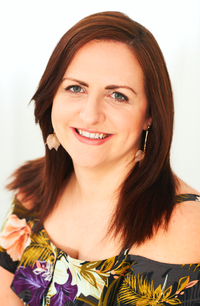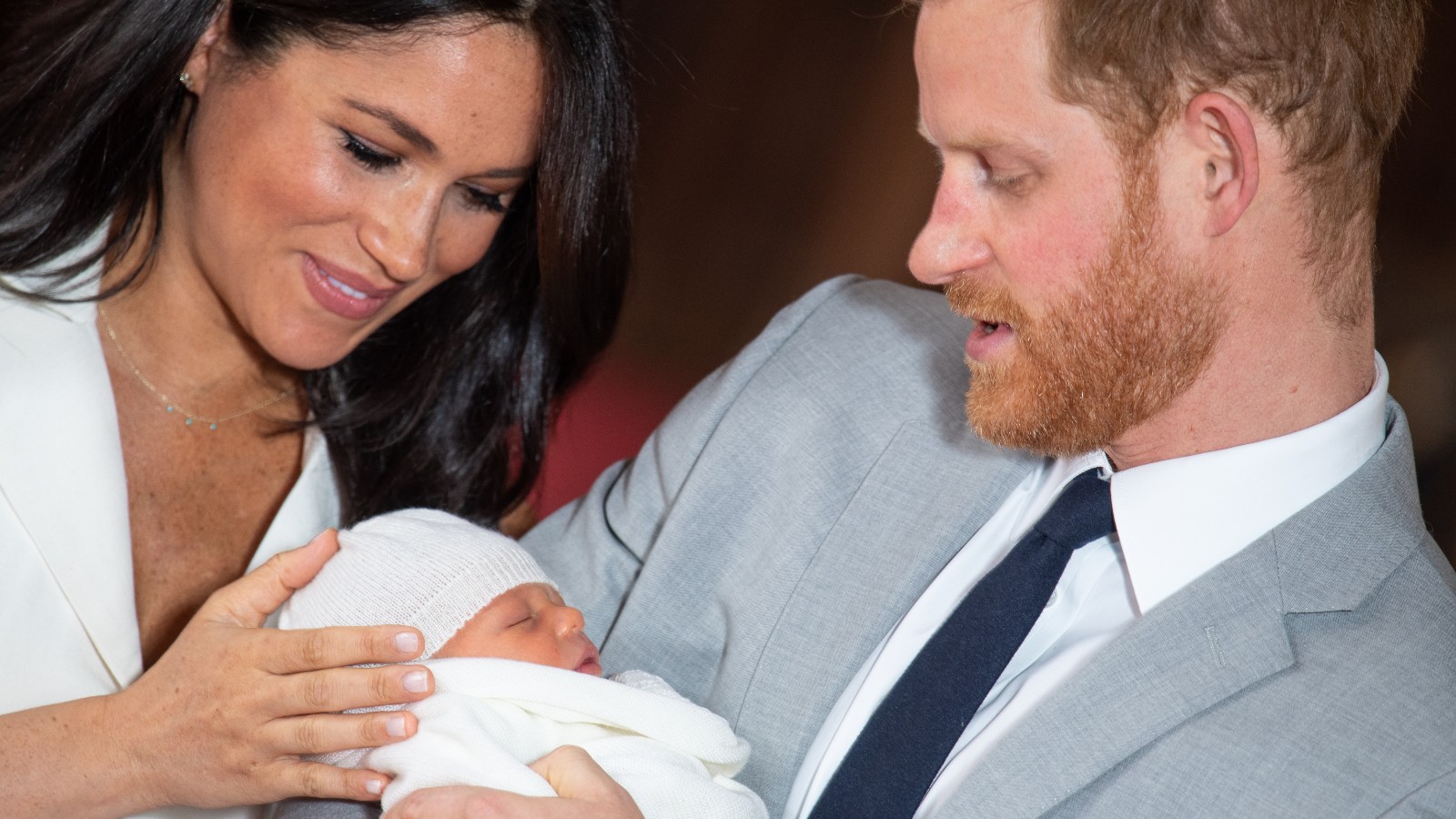Why Baby Archie's surname caused a royal family row - even before he was born


Parenting advice, hot topics, best buys and family finance tips delivered straight to your inbox.
You are now subscribed
Your newsletter sign-up was successful
Baby Archie's surname caused a royal family row even before he was born it has been revealed.
- Baby Archie's surname caused a royal row even before he was born it's been revealed
- The first-born of the Duke and Duchess of Sussex was making waves even before he arrived into the world
- In other royal news, Why is Archie not a prince and was he entitled to a royal title?
Baby Archie's surname sparked a royal row in the years leading up to his birth it has been revealed.
The youngster, who turns two in May, is the son of Prince Harry and Meghan, the Duke and Duchess of Sussex.
And while the youngster's name Archie Harrison Mountbatten-Windsor was an unusual baby name, it was his surname that caused a lot of headaches, according to history.
Meghan, who is expecting her second child with husband Prince Harry, revealed the shock claims over 'racism' in the royal family towards her unborn son Archie, in a recent interview with Oprah Winfrey.
And while the world is still adjusting to the bombshell claims, it's understood that Archie's surname Mountbatten-Windsor, which dates back to 1952, caused a royal row between Prince Phillip and other key figures.
According to Royal.uk website, the surname, which is the Royal Family's official surname used by all members who don't have a title, was not written on an official document until 1973.
Parenting advice, hot topics, best buys and family finance tips delivered straight to your inbox.
Prince Phillip, who recently left hospital following a heart operation, was known as Prince Philip of Greece and Denmark of the House of Schleswig-Holstein-Sonderburg-Glücksburg before he married the Queen in 1947.
But his name wasn't considered neutral enough so he adopted the name Mountbatten - which was after his grandparents.
But instead of their first-born Prince Charles in 1948, taking his name, Elizabeth II went on to be Queen in 1952 and had to confirm the official surname of the Royal Family and many wanted her to keep Windsor instead of Mountbatten.
At the time, Philip reportedly said, "I am nothing but a bloody amoeba. I am the only man in the country not allowed to give his name to his own children."
The matter was even discussed in Parliament but Winston Churchill is said to have been an advocate for using the name Windsor and The Queen's grandmother, Queen Mary, agreed.
And it wasn't until 1960 that The Queen decided to address the name once and for all, telling the then PM Harold Macmillan that "she absolutely needed to revisit" the issue and admitted it "had been irritating her husband since 1952".
Finally, a comprise was met, and on February 8, 1960 - 11 days before Prince Andrew, the Queen's third child, was born - the Queen declared that she had adopted the name Mountbatten-Windsor.

Selina is a Senior Family Writer for GoodtoKnow and has more than 16 years years of experience. She specialises in royal family news, including the latest activities of Prince George, Charlotte, Louis, Archie and Lilibet. She also covers the latest government, health and charity advice for families. Selina graduated from the University of Sheffield in 2006 with a degree in Journalism, and gained her NCTJ and NCE qualifications. During her career, she’s also written for Woman, Woman's Own, Woman&Home, and Woman's Weekly as well as Heat magazine, Bang Showbiz - and the Scunthorpe Telegraph. When she's not covering family news, you can find her exploring new countryside walking routes, catching up with friends over good food, or making memories (including award-winning scarecrows!)